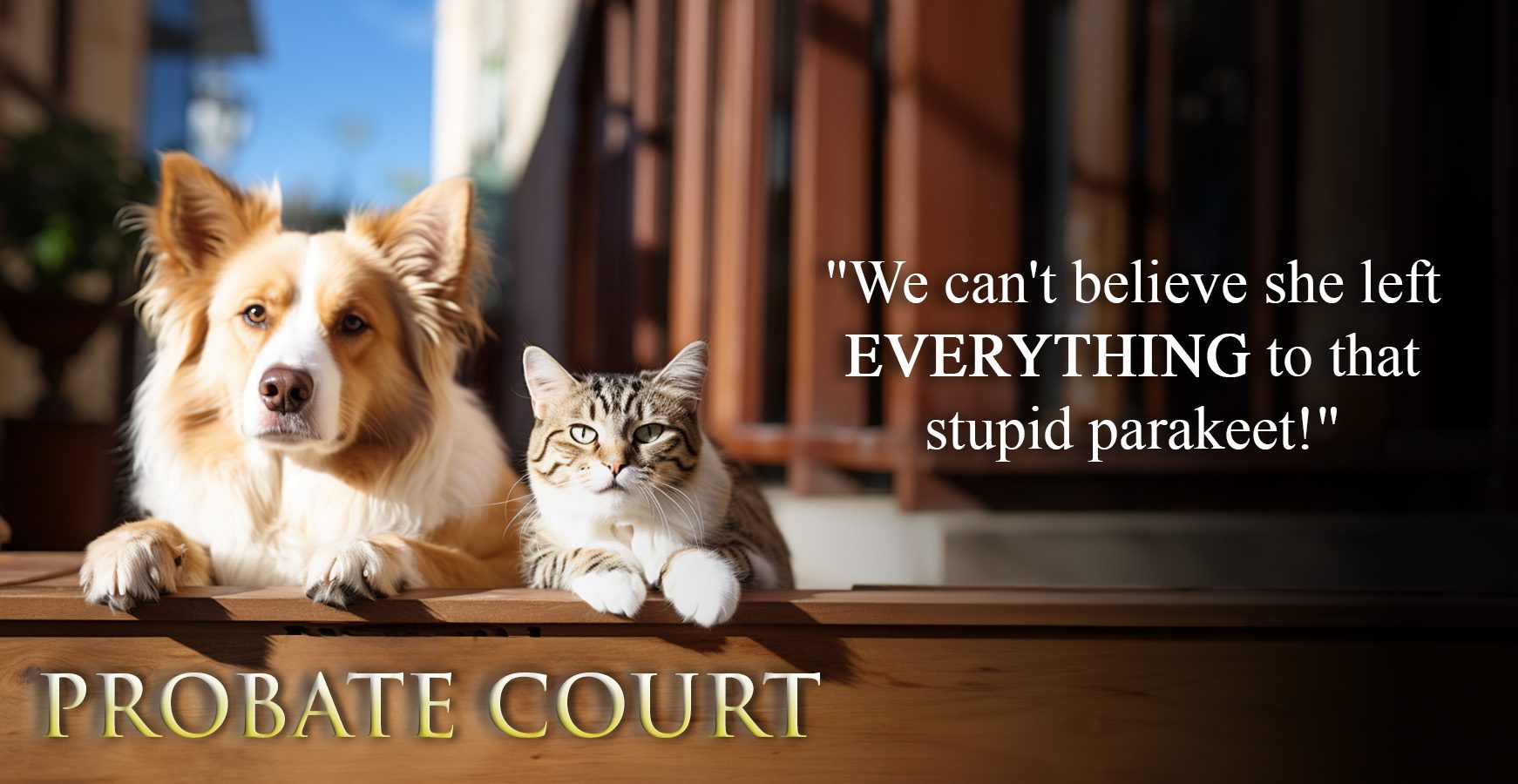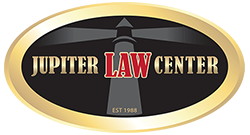Stop me if you’ve heard this before….

Your grandma has passed away and, before you can even dig out your black suit, you learn from Aunt Betty Lou that distant cousins Phyllis and Evelyn just happened to be at grandma’s house in the dead of night (no pun intended) and now grandma’s valuables, including her collection of Beanie Babies promised to you and your brother Kevin, have mysteriously gone missing.
Dad assured you that everything relating to his Estate was in perfect order because he had a Will, but when he died you discovered his home was still in his sole name and would have to “go through Probate.” Now, you and your siblings are debating over whether to sell, rent or keep it. In the meantime, who will pay for its upkeep until a decision is made?
Divorced and childless Uncle Eddy dies without a Will. You and your cousins aren’t sure who will or should be in charge of his “stuff.” And, since Eddy thought organization was for people other than him, you haven’t the faintest idea what stuff he has or where it may be. What happens next?
Probate is one of the legal matters that leads to the most confusion and garners the most questions in our office. See the links below for some of the most asked questions we field, and our answers, about Probate.
Does having a Last Will & Testament automatically avoid Probate Administration?
No! If you answered yes, you are dead wrong (pardon the pun.) Having a Will actually has NOTHING to do with whether Probate is necessary. Probate simply means “the official proving of a Will” and refers to the Court proceeding which directs what happens when the deceased person (“Decedent”) dies with assets still titled in his/her name (absent joint ownership or beneficiary designations). If you want to avoid Probate, don’t die with any assets still titled in your name (and we are not saying this to be funny as it does not mean die penny-less – it just means that you should properly plan to own property jointly or pass it through beneficiary designations or via a Trust).
Trust Administration occurs when a Trustee is appointed in a Trust, or by the Court, to make certain financial and other decisions involving the particular assets owned by the Trust. A Trustee has wide-ranging powers and responsibilities and has a fiduciary duty to all of the beneficiaries of the Trust to ensure that all creditors are paid, and all of the remaining Trust assets are distributed properly to the right beneficiaries. If a client does not have a trusted loved one or friend to serve as Trustee, he/she can name an attorney, accountant, financial planner or financial institution to serve as Trustee.
Guardianship is where the Court appoints a surrogate decision-maker for personal and/or financial decisions for a minor or an adult with mental or physical disabilities (“the Ward”) and is vested with the authority to protect the Ward’s best interests. When the appointment of a Guardian is sought, Florida law requires that the Guardianship be of the “least restrictive means” possible so that the Ward relinquishes only those rights that the Court feels are necessary. To the extent that the reason for the Guardianship is no longer applicable (such as the Ward reaching the age of majority or recuperation from a medical condition where the Ward is then-able to act/care for him/herself, then the Guardianship can be terminated. Absent the termination of the Guardianship, it stays in effect until the Ward dies.
If you do not have a Will or Trust, or are in need of a Guardianship, then it is likely that the Court will appoint someone to act on your/the Estate’s behalf and earmark assets for those beneficiaries set forth in the Intestacy statute (which does not include companions, friends or charities). But why would you want to give the Court control? It’s like a teenager letting her frenemy pick out her prom dress or a former spouse asking the ex to set up a new online dating profile – it’s not smart and people are likely to be sorely disappointed. When it comes to deciding the distribution of your possessions, let the decision be yours and call us to handle your Estate Planning situation. Meanwhile, if you’ve “inherited” (pun intended) a Probate situation and are not sure how to handle it, then keep reading or call us to walk you through the process!
